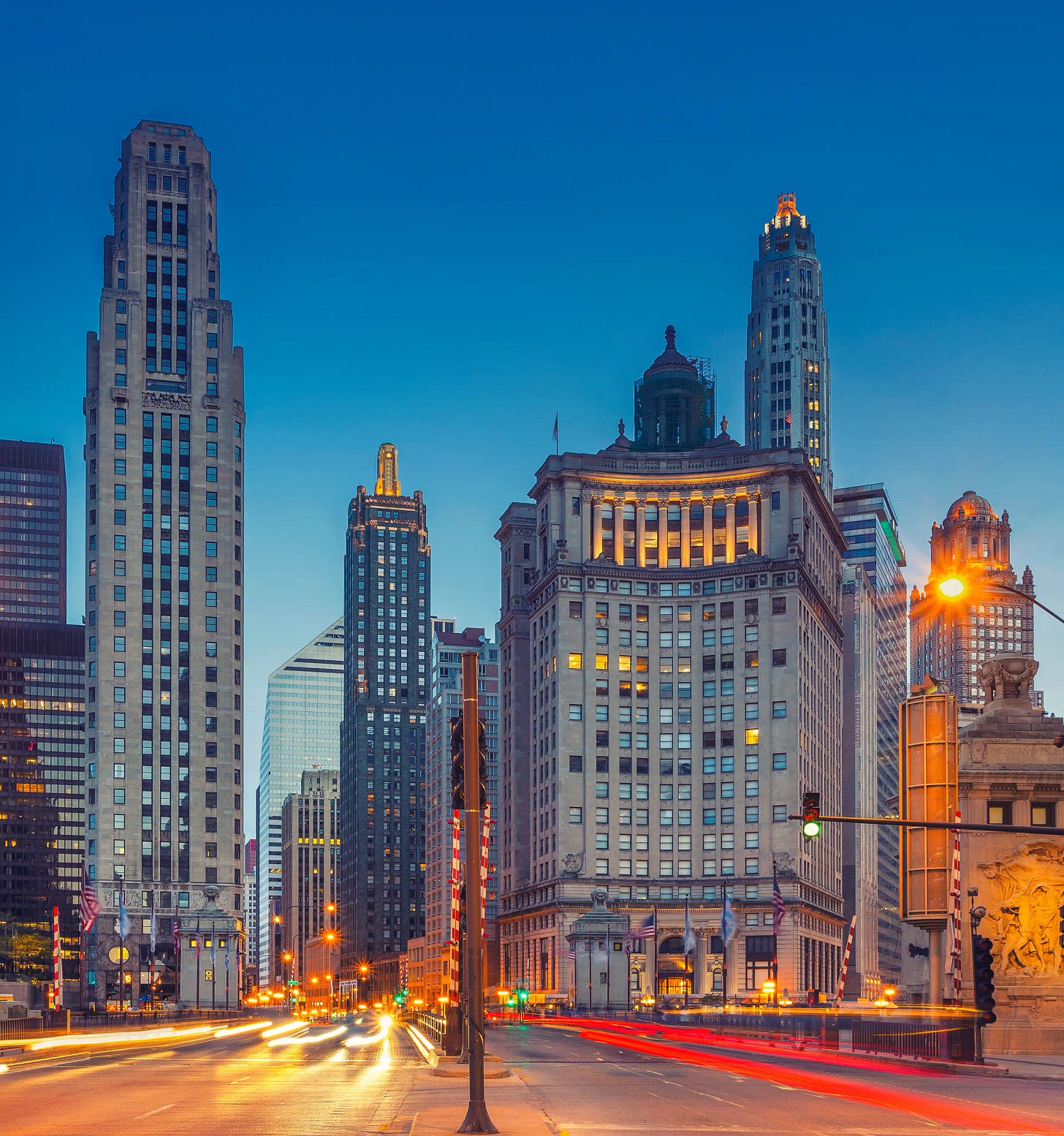Rules For Thee, Not For Me
Despite branding itself as different, the new "machine" brings the same old double standards.
After nearly 30 years representing the 27th Ward and serving as Vice Mayor, Walter Burnett Jr. will step down from the City Council at the end of this month. He’s positioning himself to become the next CEO of the Chicago Housing Authority, drawing on both his personal background and decades of policy experience. If that role doesn’t materialize, other options include a congressional run or a move to the private sector. Still, given the Mayor’s pattern of elevating allies to higher-paying positions, the CHA appointment seems a likely outcome.
In classic Chicago political fashion, Burnett is backing his 29-year-old son, Walter Burnett III, to succeed him. Mayor Brandon Johnson appears poised to support the appointment. If it goes through, Burnett III would be the second of Burnett’s children to assume public office without first winning an election—following the 2019 appointment of Burnett’s stepson, Jawaharial “Omar” Williams, to the Illinois House.
Walter III, also known as “Red,” may prove to be a capable leader. Still, given the mayor’s recent string of questionable appointments, the possibility is raising eyebrows. The precedent set by the administration doesn’t help him, either. Case in point: Carlos Ramirez-Rosa resigned as 35th Ward alderman, only to be appointed CEO of the Chicago Park District, despite limited executive leadership experience. He was succeeded—after what was described as a “thorough” vetting process—by former Cook County Commissioner Anthony Quezada. Both are outspoken supporters of the mayor and his progressive agenda. It’s also reasonable to assume that Jessica Vasquez, Ramirez-Rosa’s former chief of staff and now Quezada’s replacement, shares those views.
All of this raises a broader question: if Mayor Johnson campaigned on ending machine politics and expanding equity across the city, why does his administration seem to be recycling the very same political playbook he promised to throw out?
Long Term Consequences:
Some may shrug and say, “Why care? This is just the Chicago way.” Others may simply shake their heads in frustration. But the truth is, Chicago’s current fiscal crisis is the cumulative result of decisions like these—spanning multiple administrations, long before Mayor Johnson took office. Add to that the messy budget process at the end of last year and credit downgrades under his watch.
That said, while Johnson didn’t create the entire mess, it’s becoming increasingly clear that he is not be the leader we need to guide the city out of it.
Budget Outlook: Grim Forecast Ahead
As Chicago enters budget season, 38th Ward Alderman Nick Sposato summed it up bluntly in a recent Chicago Tribune article: this year’s situation “seems to be the grimmest picture of all.”
Key Highlights:
Chicago faces a projected budget deficit of over $1 billion for 2026, following a $161 million deficit at the end of 2024 and draining emergency reserves to historic lows.
A state bill increasing benefits for police and fire pensioners is estimated to cost $7 billion through 2055, adding significant long-term financial pressure.
Chicago Public Schools failed to make a promised $175 million pension payment, contributing to the 2024 deficit and straining city finances.
While Johnson opposes cuts and any regressive revenues, aldermen are deeply divided on how to raise new revenue.
If it is truly the “grimmest of all,” is this the kind of situation we want underqualified leaders navigating? We do not have the luxury of using this moment for talent development — we need results, and we need them quickly.
The Bottom Line:
Given everything at stake, why do we continue to accept appointments and hiring decisions that don’t move the city forward? Or worse, risk dragging us further back?
Chicago’s financial future demands competence, not “family business” connections. We can’t afford leadership that prioritizes political loyalty over results.
Come February 2027, when voters head to the polls, we’ll need to remember these choices.
At the end last year, we shared and gathered feedback on a set of nine key qualities, ranging from ethics and leadership to community engagement and data-driven decision-making, that define a strong municipal candidate. As a refresher:
What Makes a Good Municipal Candidate?
Last week, we shared a list of criteria with our X followers to gather feedback on what makes a good municipal candidate—whether alderman, mayor, or other roles. Below is what we shared, along with some feedback we received:
For more in-depth history on Chicago’s aldermanic appoinments, we suggest also reading the latest article from
.



